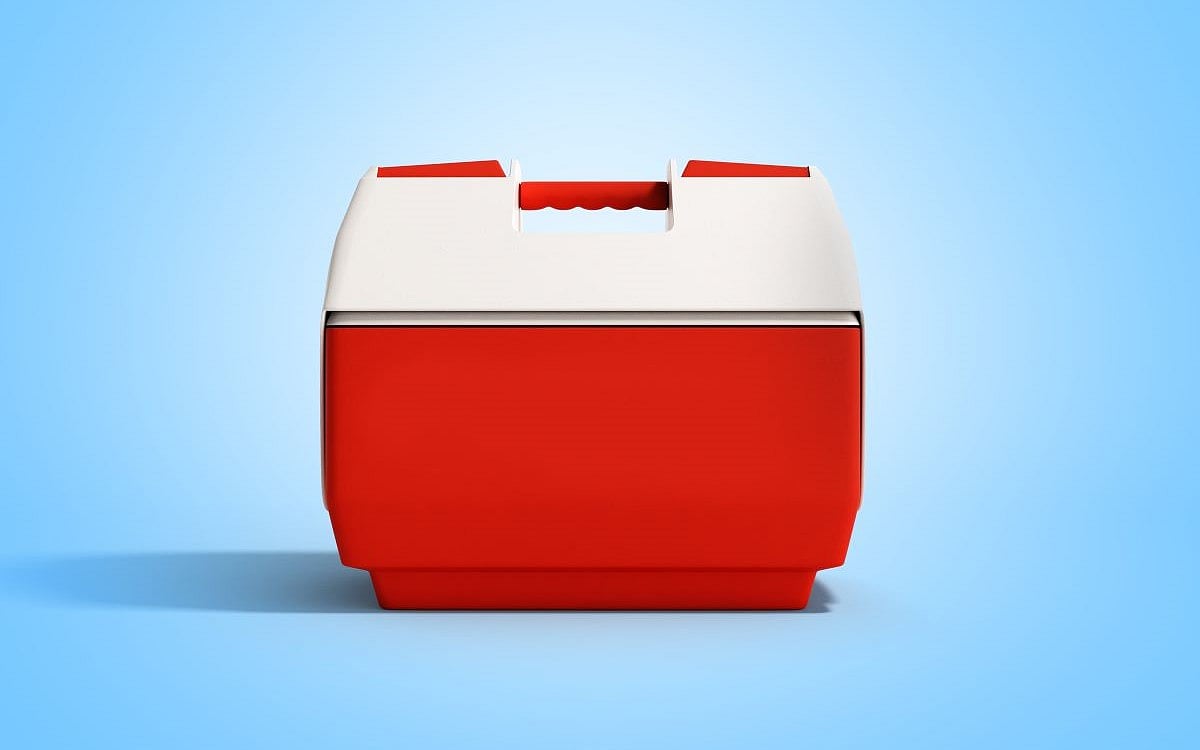Get Healthy!

- Posted May 22, 2025
Donor Hearts Might Be Kept Healthy In Cold Storage Longer
THURSDAY, May 22, 2025 (HealthDay News) — More donor hearts could become available for transplant, thanks to a new discovery that could protect them from damage during transport.
Researchers have identified a biological process that contributes to donor heart injury during cold storage, according to a report published May 19 in the journal Nature Cardiovascular Research.
Happily, the research team also found a drug already being used to treat heart conditions that can be repurposed to prevent this damage.
Treatment with the drug — called canrenone — nearly tripled the pumping strength of human donor hearts, compared to hearts stored without it, results show.
"As a cardiovascular surgeon, I’ve personally experienced in the operating room how every additional hour of preservation can impact the likelihood of whether a donor heart can return to normal function after transplantation," said senior researcher Dr. Paul Tang, a cardiac surgeon at Mayo Clinic in Rochester, Minn.
"This discovery may give us a new tool to preserve heart function for longer during storage, improve transplant outcomes and enhance patient access to lifesaving transplants,” he added in a news release.
Fewer than half of donated hearts are ultimately used, researchers said in background notes.
One major reason is that there’s a relatively short window for transplanting a donated heart, due to concerns that leaving a heart in cold storage too long diminishes its function, researchers said.
Up to 20% of heart recipients grapple with a common complication called primary graft dysfunction, in which the transplanted heart cannot pump blood effectively following surgery, researchers said.
For this study, researchers focused on a protein inside heart cells that plays a role in how the cells respond to stress, called the mineralocorticoid receptor.
They found that during cold storage this protein clumps together in a way that harms heart cells, by promoting damage from increased inflammation and cell death. As a result, the heart is less likely to function well following transplant.
To see if the process could be prevented, researchers treated donor hearts with a drug called canrenone, which blocks mineralocorticoid receptor activity.
Treatment with the drug vastly improved pumping strength and blood flow while reducing signs of cell injury, researchers found.
The findings suggest canrenone could help extend the safe storage period for donor hearts, researchers concluded.
They said similar protein clumping also occurs in other donated organs like kidneys, lungs and livers during cold storage. The same strategy might help extend their storage time as well.
More information
Johns Hopkins Medicine has more on heart transplant.
SOURCE: Mayo Clinic, news release, May 19, 2025
